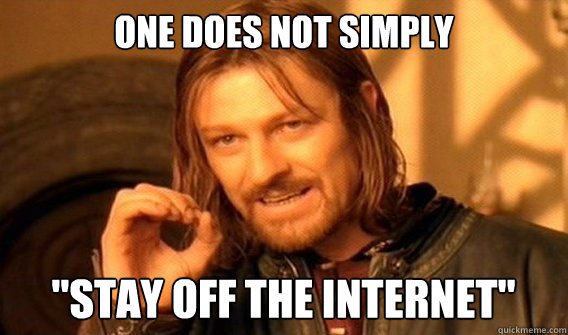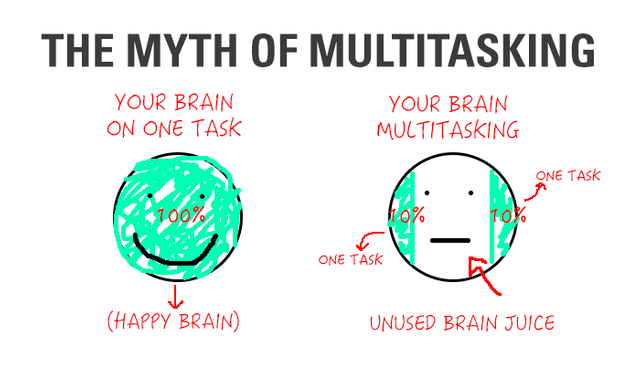⏰ HOW TO STOP WASTING TIME |The Zeigarnik effect|

When things are left incomplete, we feel uncomfortable and our attention remains drawn to it until we can find some kind of resolution. - Wesly Chang
Stay off the internet
With the Internet so accessible to us, our desired squirt of dopamine just a click away, it’s no wonder that we constantly battle the urge to get distracted from our work (AKA procrastination). Avoiding the Internet is a great start if you have a huge procrastination problem.
Have a plan
Properly set your expectations, and aim to meet them with the best of your ability. Setting concrete goals in the form of a checklist is the key to getting work done.
Don’t multitask
Focusing on one thing without interruption is how you get meaningful work done. With today’s age of technology, our work simply just can’t compete with today’s technology. Accept that if you’re going to choose between going on Facebook (or Steemit) for an hour or doing your work, the choice is obvious. Never ever do both at the same time, you won’t enjoy your time on the social media, and you won’t get much work done.

Source
As well the potential for distraction, when you multitask, you aren't splitting your brain power in two, per se, and concentrating those two parts of your brain on the tasks at hand. Instead, you're switching back and forth between the tasks very rapidly, which tires you out way more quickly and consumes a lot more time as well. Humans have the ability to multitask... BUSTED!
Use a timer.
When you’re creating something, this just helps. The Pomodoro effect has shown that working for short bursts of intensely focused 25 – 30 minute periods, and taking a short 5 minute break is one of the most effective methods of studying.
The Zeigarnik effect
Psychologist Bluma Zeigarnik first studied the phenomenon after her professor, Gestalt psychologist Kurt Lewin, noticed that a waiter had better recollections of still unpaid orders. However, after the completion of the task – after everyone had paid – he was unable to remember any more details of the orders.
People remember uncompleted or interrupted tasks better than completed tasks
Lewin's field theory states that:
A task that has already been started establishes a task-specific tension, which improves cognitive accessibility of the relevant contents. The tension is relieved upon completion of the task. If the task is interrupted, the reduction of tension is impeded. Through continuous tension, the content is made more easily accessible, and can be easily remembered.
This means that those students that do unrelated activities to the task at hand, let's say, studying for an upcoming exam, will be better able to recall the study material compared to those who've spent hours at their desk trying to 'stay focused'.
What does this mean for us?

Take a break. It's well deserved :)
Sources
Wikipedia
NPR
Medium
Huffingtonpost
Wikihow
Thank You
I recently hit 100 followers and it’s definitely another tangible milestone that I've hit, demonstrating to me the vibrancy of the community. Thank you all so much for supporting me, especially those who've been with me from the beginning. I honestly appreciate every single on you your upvotes and comments!





You got a 5.82% upvote from @allaz courtesy of @chunger!